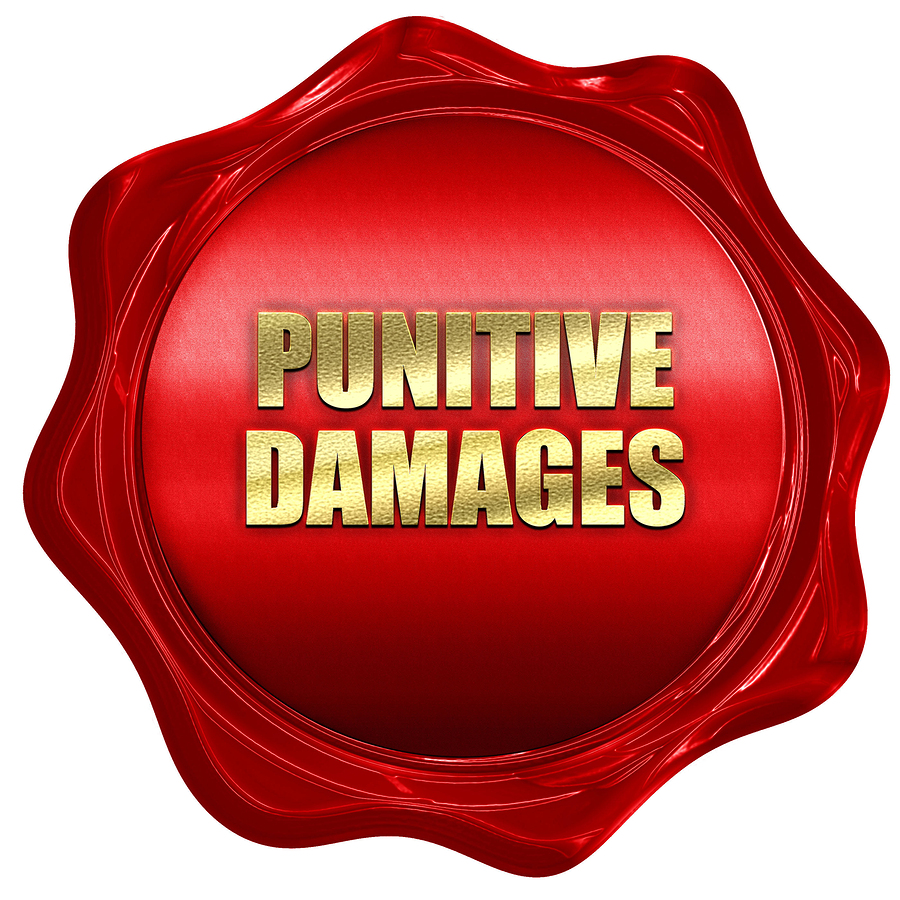Punitive Damages: An Exception, Not The Rule
 Michael Babboni
Personal Injury
No one is expected to closely follow the results of every personal injury case, except, of course, for an experienced personal injury lawyer. This is why it’s understandable that the general public would only be familiar with the very “high profile” cases that garner a lot of media attention.
Michael Babboni
Personal Injury
No one is expected to closely follow the results of every personal injury case, except, of course, for an experienced personal injury lawyer. This is why it’s understandable that the general public would only be familiar with the very “high profile” cases that garner a lot of media attention.However, basing your legal expectations only on what you see from high profile cases can be quite misleading. A common misconception, for example, is that people that take a personal injury case to court may be rewarded with damages numbering in the millions of dollars. The truth of the matter, however, is very different from what one regularly sees in the media. When people see, hear or read on the news about civil lawsuits with incredibly high amounts, this is normally the result of punitive damages. So what makes punitive damages so exceptional?
Compensation Is More Important
In the normal run of things, what a personal injury lawyer and a civil lawsuit will do is ensure that wrongly injured parties get the compensation they are due. Usually, this means the cost of medical treatment, and/or wages that may have been lost due to the inability to work. In more extreme cases, such as an amputation that may now disable someone from returning to their job, the compensation may also be for job loss. In more tragic cases, such as wrongful death, funeral costs, and wages lost to a family that may have relied on the victim for financial support will be part of the compensation.
In all of these cases, the goal is to provide an appropriate amount of financial compensation strictly for what is owed. Sometimes “pain and suffering” may be added as additional compensation in more extreme cases. But again, the guiding principle here is that the personal injury lawyer and the courts have assessed the situation and come up with an amount that will allow injured parties to “get on with their lives.”
Making A Point
Where punitive damages differ is in the focus and intent. As the name implies, punitive damage is punishment. It is a very rare form of financial compensation that is looking to “teach a lesson” to the responsible party, and normally only occurs in very gross breaches of negligence or, more commonly recklessness.
Punitive damage is, in some cases, regarded as an alternative to criminal punishment. Not all states in the US actually permit punitive damages in court cases, but Florida is one of the states that does. If either gross negligence, or intentional misconduct can be proven over the course of the lawsuit, then punitive damages are more likely to be viable for the case.
For example, if a driver in a car is speeding in a parking lot, where there are not only many stationary cars, but pedestrians walking to and from their cars, and that speeding driver hits someone, this is gross negligence. Speeding is already illegal, but doing so in the confines of a parking lot shows a level of carelessness that is extraordinary. A personal injury lawyer would be essential in getting resolution here.
